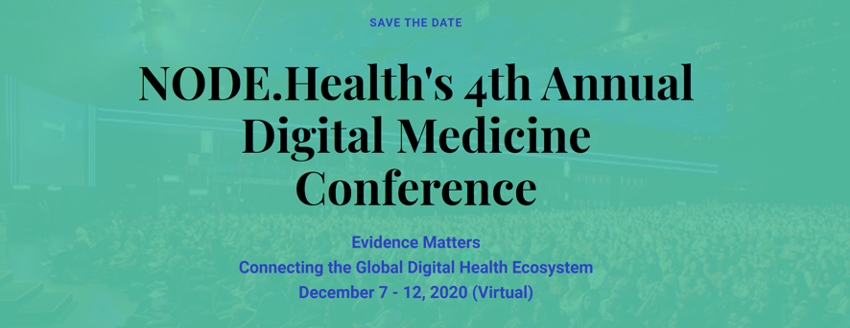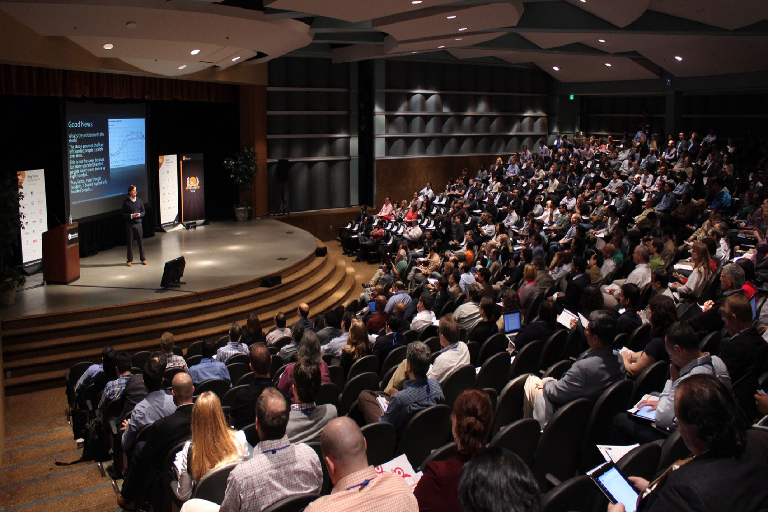What Data Breaches Are And How To Prevent Them
A data breach is a violation of your security, in which information that’s confidential, important, or both is accessed by someone with no authority to do so. When this happens, identity theft or even financial ruin can be the result. Cyberattacks have surged over the past year and a half, with Techjury reporting a frequency of one attack every 11 seconds in 2021. Thankfully, the tools and techniques used to counter these threats are also evolving. Here are a few simple but effective tactics that individuals and businesses can use to stay safe online.
Understand the Current Threats
The general public is woefully undereducated regarding cyber threats. Most people have no idea what a packet sniffer or rootkit is, but they’re worth researching because they’re two common vectors for an attack. There’s also a persistent lack of awareness regarding the tactics used by malicious hackers, such as the remote use of vulnerability scanning devices to check for open access ports, or their engagement in lateral movement within a system which allows them to become a long-term threat. The solution is as simple as picking up a security magazine or typing the phrase “security hacker” into Wikipedia. A little knowledge goes a long way.
Inform Your Staff
If you own a company, awareness starts at the top, but it can’t end there. Verizon’s recent Data Breach Investigations Report discovered that around 85% of breaches could be traced to human errors, including workers being conned into giving up sensitive information. A common attack, called phishing, specifically relies on someone either entering information into a fraudulent site or opening a fake email loaded with links to malware. Don’t just teach about the threats; train staff in proper phone and digital professionalism. Make sure everyone knows what not to talk about with strangers and what an untrustworthy URL looks like. The chain is only as strong as its weakest link.
Keep Your Hardware and Software Updated
Using obsolete computers and operating systems is a major threat to online security. You might think that using an old computer means that it won’t be vulnerable to the most modern threats, but the opposite is true. Sometimes that old hardware can’t support the software fixes needed to protect the system. It’s also important to install those software updates as soon as they become available. Even so, 66% of non-expert users only install updates “soon,” “eventually,” or “never.” The prompts may be annoying and some might result in issues for your system, but in general, these updates contain security patches for newly discovered threats that are worth installing.
Backup All Data
Data breaches are incredibly costly, both for individuals who have their identities stolen and for companies that let it happen on their watch. The Ponemon Institute reports the average cost as $146 per file compromised. The most effective solution might be a low-tech one. Store all of your vital data offline in a secure location. This could mean getting a personal or company safe and placing your most sensitive information on encrypted discs locked inside. Another good idea is a locked filing cabinet. If you do store data in the cloud, make sure that it’s with a company with a good reputation for security.
Prioritize Endpoint Protection
Endpoint security isn’t a technology, but rather a suite of technologies and the methods used to deploy them effectively. Two decades ago, everyone’s experience online was contained to a single computer. Now, most people own multiple devices. If defensive software (like antivirus programs) and user protocols aren’t standardized across all of them, a breach of any one of them could infect the entire network. Solid endpoint security makes use of high-quality antivirus programs, malware-catching firewalls, virtual private numbers (VPNs) and the limiting of user access to equally secure all devices on a network. With many people still working remotely on diverse machines, this centralized approach could make all the difference.
Upgrade Physical Security Systems
Spending a fortune on the latest firewall is useless if a hacker breaks in and steals your devices. Whether for a home or office, advanced biometric security systems are becoming affordable and can be used to add layers of security to data storage devices and locations. CCTV camera systems trained on vulnerable points of entry can be another good investment. One facet of security often overlooked is the garbage bin. Many people are careless with what they throw away, and cybercriminals use that to their advantage. “Dumpster diving” is a time-honored tactic used by hackers to gather information on targets, so never throw away passwords or important documents without shredding them first.
It’s a digital age, and along with that way of life comes the risk of encountering online threats. Educating yourself on the threats we all face and the solutions available is the only way to keep everyone in cyberspace secure.






























